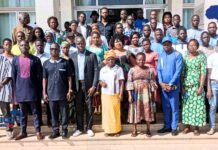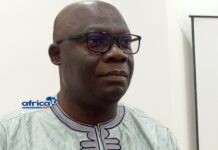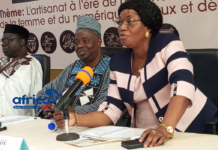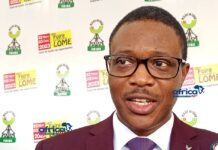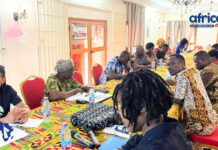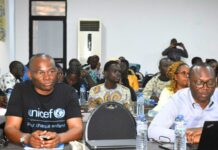Senegal is on track implementing the sustainable development goals to ensure no one is left behind by progress, Prime Minister Mohammed Boun Abdalla Dione has said his keynote address to the fourth African Regional Forum on Sustainable Development (ARFSD) in Dakar.
Mr. Dione said as a prelude to the adoption of the 17 sustainable development goals by the international community in September 2015, Senegal had deemed it appropriate and timely to carry out national consultations with all stakeholders on prioritizing the SDGs, in line with the country’s economic development program.
« This allowed us to quickly define a national profile, validated during the first edition of the National Conference on Sustainable Development, » he said, adding national plans were being aligned with Agenda 2030 for sustainable development and Africa’s Agenda 2063 to ensure success.
Engaging multiple stakeholders to implement and track the progress of the 2030 Agenda was crucial to ensure national ownership and inclusive participation.
Mr. Dione said the ARFSD was crucial as it allowed Africa to take stock of progress made so far in the implementation of the two agendas in line with commitments to ensure there’s shared prosperity on the continent.
The SDGs, which include poverty, hunger, health, education, climate change, gender equality, water, sanitation, energy, urbanization, environment and social justice, replaced the Millennium Development Goals (MDGs) which ended in 2015.
In his address, Mr. Dione acknowledged that the choice of Senegal as host of the Forum was “a source of pride” and stressed that his country is more committed to step up its implementation of the 2030 Agenda on Sustainable Development and Africa’s 50-year development plan, Agenda 2063.
For her part, Priya Gajraj, UN Resident Coordinator in Senegal, underscored the importance of regional collaboration in achieving the 2030 Agenda.
« This meeting will facilitate the experience of different African countries in the development and implementation of national policies to reach the 2030 and 2063 agendas, » she said.
« It is time for Africa, more concretely than in the past, to be at the heart of regional cooperation to accelerate its sustainable development.”
Mohammed Ibn Chambas, Special Representative and Head of the UN Office for West Africa (UNOWAS), emphasized that voluntary national reports (VNRs) were crucial “to increase the momentum and the pace and scale commensurate for the attainment of the 2030 Agenda and Agenda 2063.”





